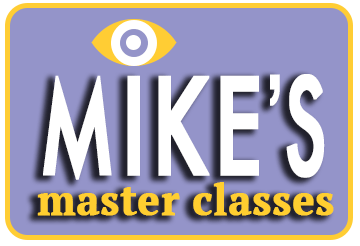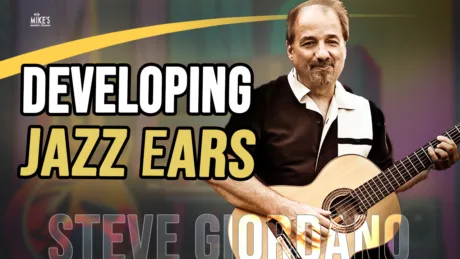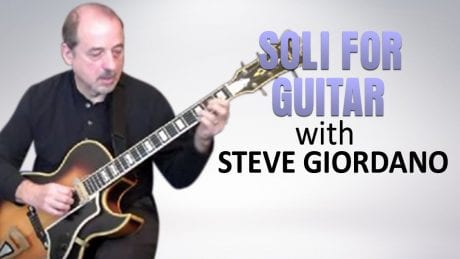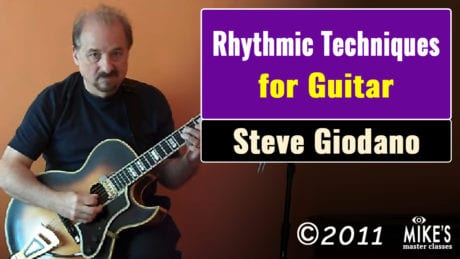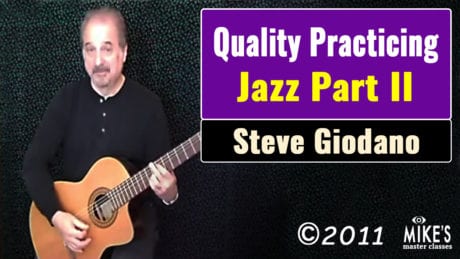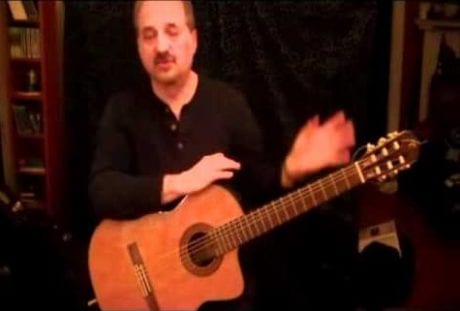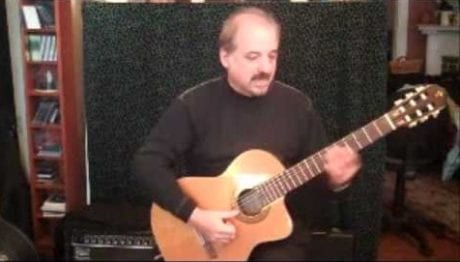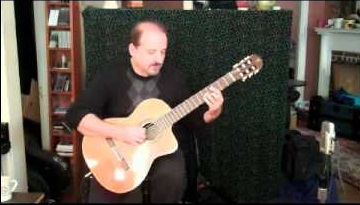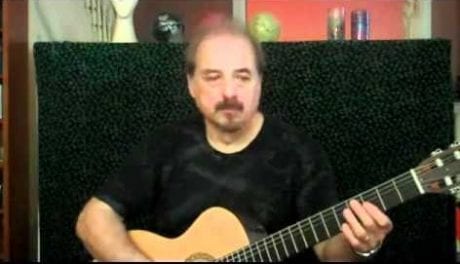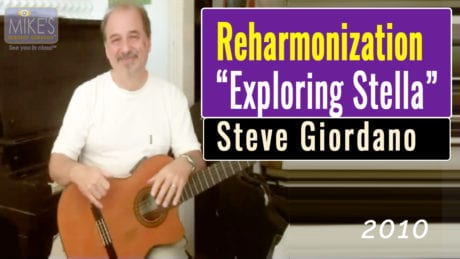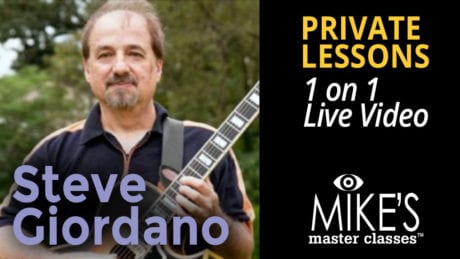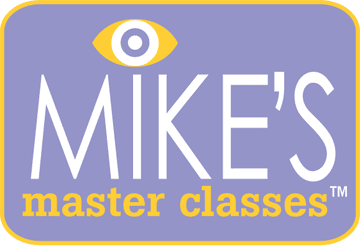Steve Giordano
Jazz Guitar Master
Steve Giordano is a jazz musician’s jazz musician – a world class jazz guitarist, composer and educator. Most of his private students are on-the-scene players and educators. Giordano’s master classes are usually directed to university level musicians at the University of the Arts and Temple University in his home town of Philadelphia and as far away as his ancestral birthplace in Sicily at the Accademia di Chitarra Moderna. The SPACETET, with three CDs to date, usually consisting of guitar, sax, trumpet, bass and drums, is Giordano’s current project manifesting his original music. Drawing from the influences of impressionistic classical composers Ravel and Debussy and the creative genius of innovative jazz players throughout his life, Giordano’s music is both beautiful and complex, characterized always by sensitive melodies and rich harmonies. Giordano’s lush compositions inspire the SPACETET ‘s creative improvisations.Steve’s musical path too him through blues, swing, be-bop, straight-ahead, hard-bop,post-bop, fusion, progressive and avant garde. He was sparked by Wayne Shorter, Miles Davis, Herbie Hancock, Ralph Towner, Jack DeJohnette, Kenny Wheeler and Chick Corea. Giordano played rock in clubs in his teens, gradually subverting jazz into the repertoire in his early 20's. His jazz baptism was playing with drummer Chico Hamilton. Following came the organ circuit with Richard Groove Holmes and Willis Jackson, with tours in the U.S., France, The Netherlands, Belgium and Spain. The composing years followed, listening to arrangements of early Quincy Jones, Gil Evans and Claus Ogerman; being romanced by the Brazilian players Egberto Gismonti, Joao Gilberto and Antonio Carlos Jobim; getting immersed in the music of the more modern classical composers Debussy, Ravel and Barber. Then the reaching of the ECM label artists stretched his ears. What came out of the mix was what has been attributed to Giordano as his particular style of composition called impressionistic jazz, stressing interactive playing rather than solo-conscious spotlight on guitar, modern rich harmonies, and lush and unpredictable passages. His first recording contract was with Muse records in the company of Mike Richmond, Billy Hart and Barry Miles. Then, the formation of the SPACETET, surviving over the past twenty years.Steve, on his philosophy of music: “I have been a musician all my life since the age of 6. My music has had many stages of development throughout my life but the thing that remains constant is my musical evolution. I often have to say to a frustrated student "there is no getting to the end of growing so you may as well enjoy the ride". Luckily, I have naturally adopted this maxim in that music has always been fun for me. Even during periods of insecurities, growing pains, and humbling experiences, the actual playing, composing or teaching music always transported me to an egoless place of reverie. I believe in positive thinking and that art, especially one's own, should be more enjoyed than judged. Growing in music is a lifelong process that shouldn't stop, and each stage has its own validity. My artistic principles have always been of a purist nature in that I do not compromise any aspect of music. In playing, I won't play uncreative music to make more money. I turn down higher paying money jobs in music when I know I will be miserable playing uninspiring music with uninspiring musicians. In composing, I do not write a piece of music to please a particular audience. In teaching, I will not give students quick fixes in the form of pre-set material that sounds good but rather show them how they can think about music thus generating their own creativity. This method is far more time consuming and more demanding of the student as well as myself. Teaching is not a business to me but a necessary undertaking on my part to preserve creative music as an art form as well as my own development as a growing musician. My strongest hope is for musical evolution. That means letting go of some of the old, dead, been there-done that, and allowing the new, fresh, inspired in. That also means new teaching concepts involving interactive playing; getting students to rely on intuition more than thinking while creating; getting more comfortable with that gray area in art like the power of influence over directness; putting jazz history in it's place: the past. We have been regarding it long enough. In our current timeline, jazz history and all those great players live inside of us. They are part of who we are. Let's trust that and move on.”
- 260
